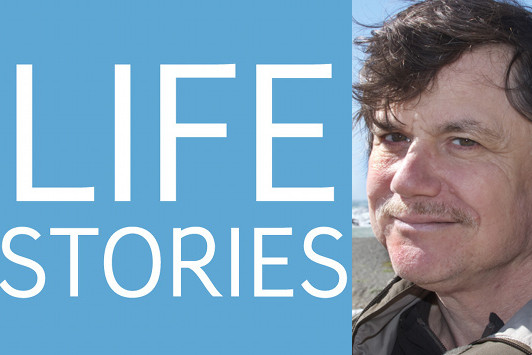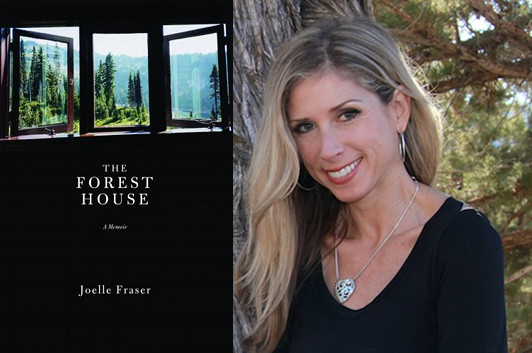Life Stories #32: Dale Maharidge

photo: Dale Maharidge/Columbia
I spent a good part of my Memorial Day re-listening to an interview I’d conducted with Dale Maharidge for Life Stories about Bringing Mulligan Home, an account of Maharidge’s father’s experiences in the Pacific theater of the Second World War based on interviews he conducted with the men who served with his father—an attempt to understand his father’s post-war life, and by extension his own early life, by finally getting at what had happened to him overseas. It’s a powerful story on several levels, not least of all for how it became, in Maharidge’s words, a “massive therapeutic session” with “a dozen adopted dads.”
In discussing what his father and his father’s comrades witnessed, this conversation by necessity touches upon some of the worst of war, which some of you might wish to take into consideration before listening. I hope you will listen, though; if you were captivated by the way a previous Life Stories guest, Michael Hainey, used his journalistic skills to get at his family’s buried history, you’ll find Maharidge’s story equally compelling. You’ll also be moved by how Maharidge’s interview subjects knew that speaking up about what happened to them—including the multiple blast concussions that, ultimately, explained Maharidge’s father’s condition—would help the young men and women coming home from today’s conflicts likely to have suffered similar brain injuries.
Listen to Life Stories #32: Dale Maharidge (MP3 file); or download this file directly by right-clicking (Mac users, option-click). You can also subscribe to Life Stories in iTunes, where you can catch up with earlier episodes and be alerted whenever a new one is released.
27 May 2013 | life stories |
Joelle Fraser & the Return to Memoir

photo: JoelleFraser.com
In The Forest House, Joelle Fraser writes about life after the breakup of her marriage, when she moved to a remote town in California because it was as far as she could get away while still being close enough to make joint custody of her son workable. It’s the second time that Fraser’s put her life under the literary microscope, and in this essay she discusses what it’s like to re-subject herself to her own scrutiny—and, ultimately, of course, the scrutiny of others—and why, in the long run, she couldn’t stay away.
After my memoir, The Territory of Men, was published by Random House in 2002, I swore I’d never write another. Writing that book—a sprawling coming of age chronicle of my childhood in the wild California of the 1960s and ’70s and its effects on my adult life—nearly killed me.
Naively, when I turned in the final draft, I thought I was done with the hard part. I wasn’t prepared for the surreal pendulum effect of the memoir: after years of solitary, grueling self-reflection—you’re then hauled out into the public eye for months of astonishing exposure.
That’s the difference with memoir—sure, the fiction writer has the private/public dichotomy as well, but the memoir writer herself is just as much on display as her book. And so I discovered—as did my family—that reviewers often focus on the life rather than the writing of the life. (For instance, one well-known critic described my multi-married parents as “cancer cells uniting and dividing.”)
There’s really no way to prepare for the judgment—both good and bad—from the world. Writing can be hypnotic, can’t it? While bent to the page you can forget that most people don’t write books—especially not in the genre of memoir, which for the average person is akin to flashing yourself on Main Street.
Another uncomfortable discovery: at readings, I found that memoir writers tend to attract the lost and the needy, who sometimes see you more as a therapist than an artist.
Why would I put myself—and my family—through all that again?
20 May 2013 | guest authors |

 Our Endless and Proper Work is my new book with Belt Publishing about starting (and sticking to) a productive writing practice.
Our Endless and Proper Work is my new book with Belt Publishing about starting (and sticking to) a productive writing practice. 
